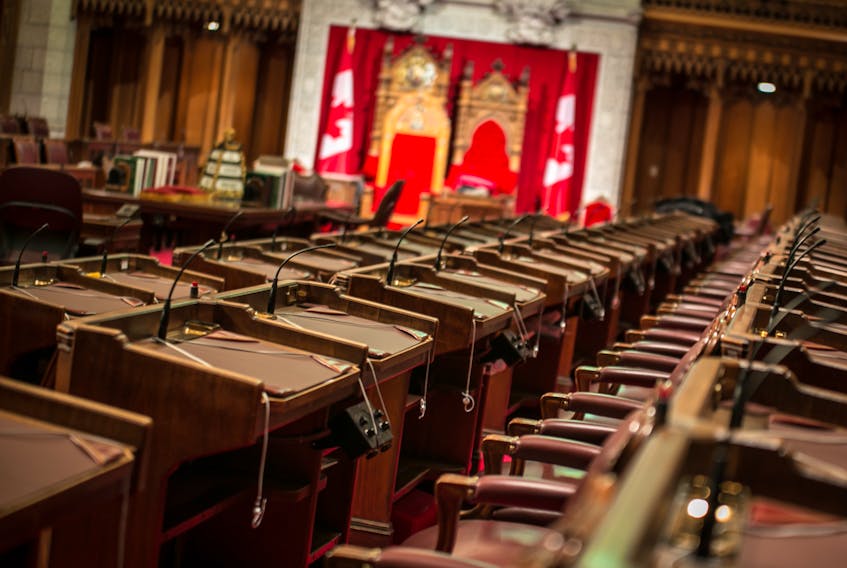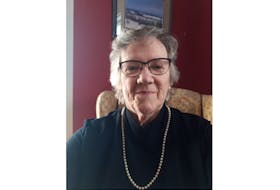OTTAWA, Ont. — Move over Independent Senators Group, there’s a new nonpartisan senate caucus in Canada’s Red Chamber.
Eleven senators from across the country and partisan lines have broken away to form the Canadian Senators Group (GSC).
The group says it will focus on ensuring regional interests are represented in Parliament.
“Members of the CSG want to see this founding principle maintained and respected so that the will of the majority does not always trump regional interests. This will keep the work of the senate relevant to Canadians,” said the office of Alberta Senator Scott Tannas, the group's interim leader, in a press release.
“United in their approach to thorough research and comprehensive review of legislation, close consultation with Canadians, and rigorous but at all times respectful debate, CSG senators are free to take positions and vote on legislation independently of personal political affiliations and each other.”
The group also includes Stephen Greene of Nova Scotia, David Richards of New Brunswick, Diane Griffin of P.E.I., Elaine McCoy and Doug Black of Alberta, Pamela Wallin of Saskatchewan, Josée Verner of Quebec, Vernon White and Robert Black of Ontario, and Larry Campbell of British Columbia.
It plans to cap membership at 25.
Can't whip this caucus
With the addition of the CSG, there are now four senate caucuses, the others are the Independent Senators Group, the Conservative Senate Caucus, and the Senate Liberals.
There are also several non-affiliated senators.
Griffin, a Trudeau senate appointee who previously sat as a member of the Independent Senators Group, said she believes keeping this caucus small will allow members to easily discuss local issues and address them in a way that promotes national unity.
“We will not be a whipped caucus. That's, that's a real advantage, especially when one is wanting to represent the region and vote according to their conscience,” she said.
Greene, who was appointed to the senate by Conservative prime minister Stephen Harper but joined the Independent Senators Group in 2017, said he feels joining this group will allow him to be most effective as a senator.
The members have been in talks since the summer, but Greene said the divided results of the election certainly demonstrate the need to focus on unity.
Such thing as too non-partisan?
Greene told SaltWire the CSG is a way to bridge the gap between the very-partisan Conservative caucus and the Independent Senators Group.
He sees the latter as going too far in the other direction, to the point where he said non-partisanship became almost an ideological tenant.
“Some of us who are interested in politics and have had a lifelong career in politics under the (Independent Senators Group), we weren't allowed to do that, we all had to indicate that we would not be involved in partisan politics. We couldn't raise money. We couldn't donate. We couldn’t attend party meetings, etc,” he said.
Members of the new group, which come from all political backgrounds, are free to vote independently, he said, but there is no restriction on partisan activities.
“Some of us came to the conclusion that national unity is a bigger issue than it has been in the recent past and that we should do our best to bridge the differences between the regional interests and national unity,” he said.
University of P.E.I. political science professor Don Desserud said he’s not surprised to see the Senate step up and offer a solution to some of the questions surrounding regional representation, one of the senate’s key roles.
At the same time, he’s not predicting this group will become a major problem for the minority government.
“They'll certainly give a focus, they'll be able to raise issues that will require the minority government to pay attention and ask questions,” he said.
“The problem the Senate has — and they've always known this — if they push their power too far, the reaction against that could be extreme and they're afraid of prompting a Senate abolition movement, which would not serve their purposes.”
RELATED: Election of first Mi'kmaq MP is groundbreaking, says indigenous Cape Breton senator









